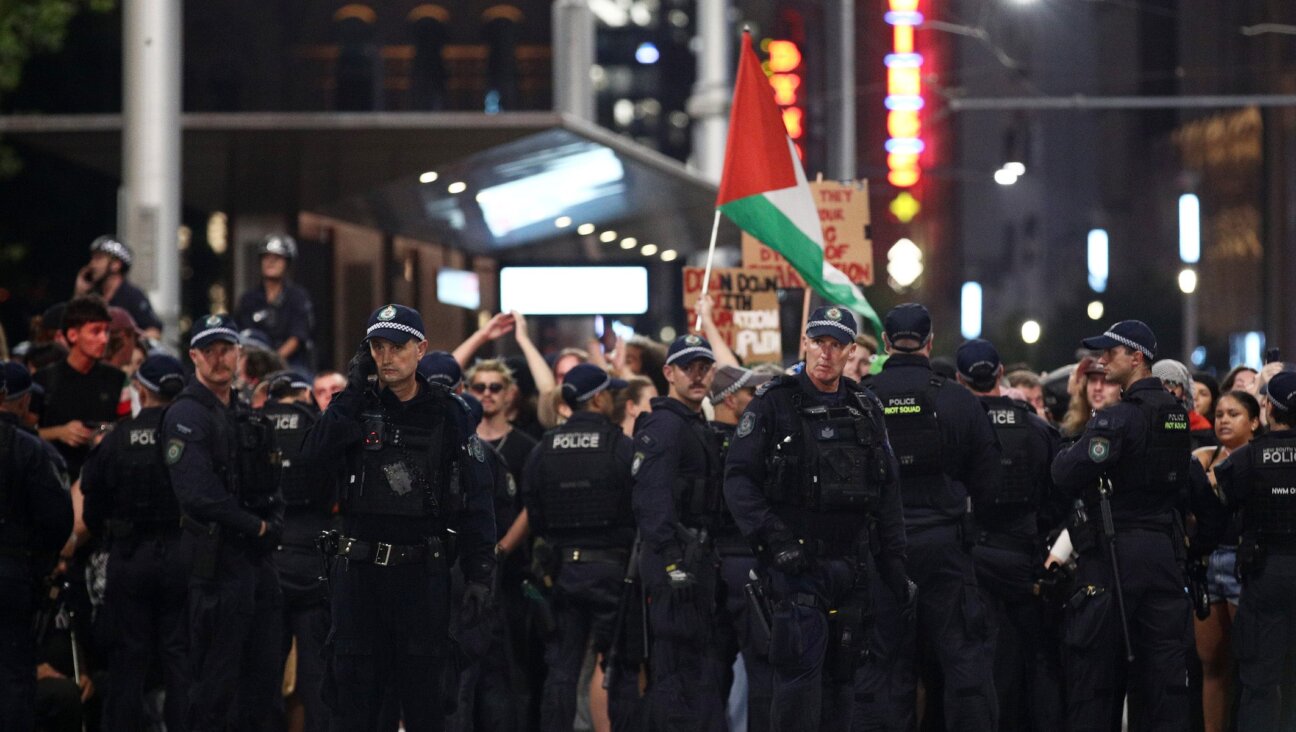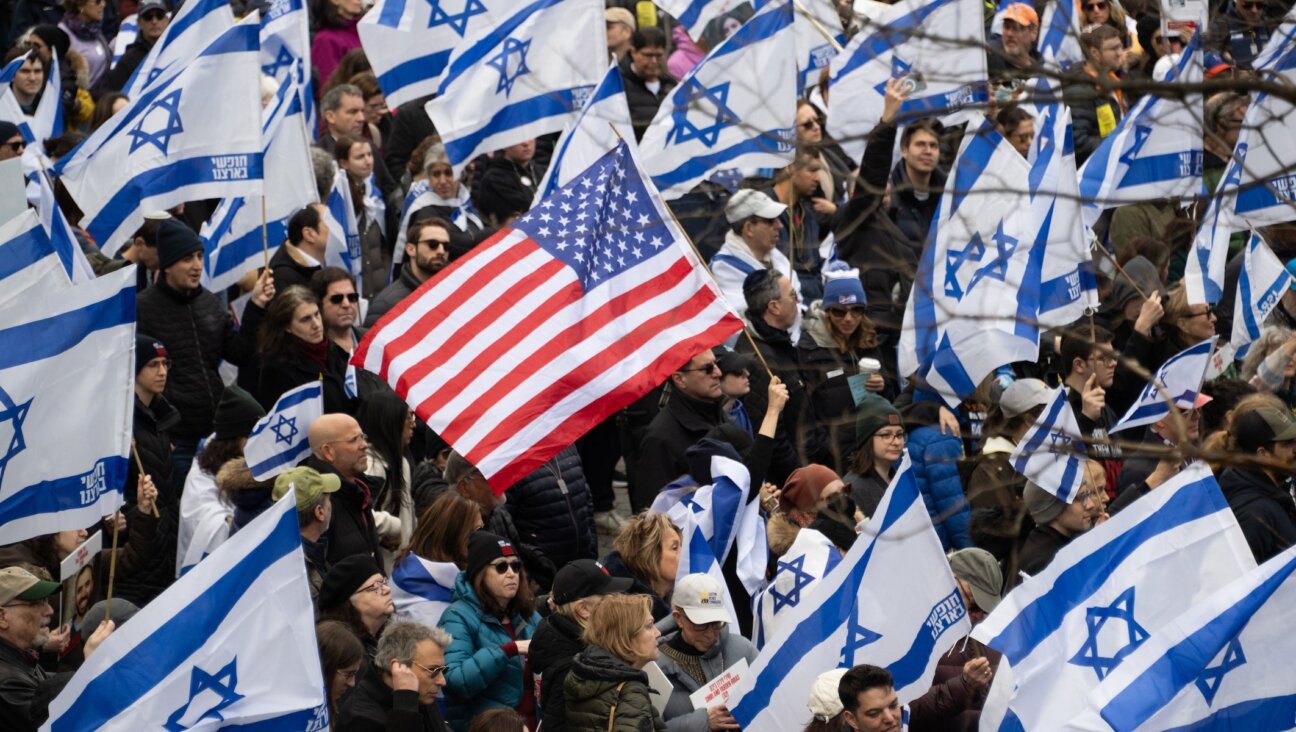American churches think they can ignore Covid and racial justice. But they aren’t going away.

Image by Getty Images
On a late June Sunday, Americans were treated to jaw-dropping images of a festive, mask-free patriotic rally with Vice President Pence at a Dallas megachurch, First Baptist. Local COVID-19 cases were already rising sharply, on their way to making Texas one of the epicenters of the summer surge, and unprecedented protests for police reform and accountability were still ongoing.
But at this “Freedom Sunday,” the news was good. The vice president praised the re-opening of Texas businesses, right after the governor had ordered the re-closing of bars statewide. And while he noted in passing that “there’s no excuse for what happened to George Floyd,” Pence mostly praised law enforcement and condemned “violence,” “vandalism,” and “looting.”
In the midst of two crises, First Baptist and many other churches in America seemed desperately eager to get things back to normal. And so for reasons both theological and mundane, understandable and quite outrageous, many of us have proceeded as if nothing more than generic cautions and broad moralizing is required.
America’s churches, equipped with the language of divine judgment and radical human solidarity, risk missing the moment. A tepid response to an uncontrolled virus and the urgent demands of racial justice will damage the credibility of America’s churches, soon and for a long time to come.
A few days after the Vice President’s visit, it was revealed that a cluster of positives in the church’s choir and orchestra had been found in the weeks before. While the confirmed positives were not in attendance at the rally, it seemed all too plausible that undetected, unmasked downstream infections had been propelling droplets through the bunting and uplifting rhetoric.
Churches were, as far as I could tell, generally willing to comply with stay-at-home orders in March and April. There were court challenges to regulations that allowed “essential” businesses to operate while houses of worship could not. But for the most part, Catholic dioceses, Baptist megachurches, and mainline Protestant parishes moved their worship services online and waited for better circumstances.
In May, as stay-home orders started to lapse and limits on worship attendance were raised, divisions started to appear between those churches willing to do as much in person as the law allowed and those taking a more cautious approach. Churches and other places of worship promptly emerged as sources of new clusters of infections in June and July.
“The thing I would have done differently is really stress” mask-wearing, one Tennessee pastor said after an outbreak spread through his church despite maintaining distance between worshipers and offering plenty of hand sanitizer. But even masks may be of limited help when people are confined together in a room, singing hymns and talking for an hour or more. Some Christian schools are planning to return to fully in-person instruction, without requiring masks, social distancing, or anything but self-reported symptom checks.
Christian responses to the protest movement provoked by the killings of George Floyd and Breonna Taylor have been similarly divided. Many churches and dioceses have released cautious statements against racism and appealing for reconciliation. Some went further: My neighboring Methodist church brought a big contingent of marchers at our suburban protest.
But at the same time, many have been reluctant to embrace a systematic criticism of law enforcement violence or economic discrimination, preferring the safer ground of condemning individual attitudes and specific cases. Some overlooked both the issue at stake and the often disproportionate and aggressive police response to condemn the violence that initially accompanied some of the protests.
Trying to learn Yiddish but getting stiff trying to study at your desk? Stretch it out with yoga in Yiddish with Reyna. Watch here.
An Indiana Catholic priest compared Black Lives Matter protesters to “maggots and parasites,” prompting a swift suspension. But the sentiment — if not the extreme language — was hardly unique. In the midst of so much new engagement on this enduring issue, and as both the country and its Christian community becomes more diverse, it was a dangerously oblivious response.
Worse, and probably more widespread than frank hostility, was the silence. “Acting like things were normal was making me sick to my stomach,” my friend Tim told me. He and his wife Sarah, both in their early 30s, are adoptive parents to Latino children and longtime, deeply involved members of an area Baptist church. The recent protests were, Sarah said, a “moment where the Holy Spirit really stirred in me and in a lot of people.”
It’s an opportunity for churches to re-think how they teach their faithful about racism and justice, how they talk about law enforcement, and how they engage in advocacy. They’ve been urging their church to address the issue directly and consistently.
There are plenty of reasons churches have found it difficult to address both the virus and the protest movement responsibly. As the pastor of a relatively small church with a politically diverse membership, I am aware of some of the pressures my colleagues face. The government and media leaders some of us look to signaled that it was safe to open, and that the protests were mostly violent and chaotic.
Many of us and our communities are exposed to a “scientific counter-revolution” through social media that has undermined the credibility of medical experts. Issues of fact (are masks useful? Do police disproportionately use violence against black and brown people?) and law (are protests constitutionally-protected speech? Does the government have the authority to restrict public gatherings during a pandemic?), however difficult they may be to address on their own, almost immediately become overlaid with a culture-war frame.
If our churches are predominantly white, we may worry that a direct focus on racial justice will be unpopular. We may be heirs to a tradition in which questions of social justice are regarded as secondary to “preaching the Gospel,” as if basic matters of fairness and social solidarity are not implicated in that Gospel. We are sometimes told that our desire to protect the health and safety of our faithful and the wider community around us are just a fearful abandonment of our religious duties. We worry that if we aren’t open for business, or if we say unpopular things, people won’t give money and the important work we support will have to stop.
In the midst of these pressures it may seem safest and wisest to take a cautious approach that stresses good conduct and good intentions without flustering any deeper taboos or expectations. Church leaders, especially in predominantly white churches, are very often in the position of those the prophet Jeremiah accused of proclaiming “peace, peace” when there was no peace.
But both our history and our theology show us, if we’re willing to listen, that there is no safety in that pretense. My friend Tim was grieved to learn how “the church sat on the sidelines” during previous movements for civil rights, damaging their ability to share the Gospel.
Treating these grave and potentially transformative events as momentary inconveniences to be gotten through will, I suspect, leave a lot of people disillusioned. Sooner or later, churches will find that there are no bargains to be made with either a virus or a centuries-old engine of injustice. Neither one cares about us. Shortly after “Freedom Sunday,” First Baptist announced that it was closing for in-person worship again. No date for a re-opening has been announced.
Benjamin Dueholm is a Lutheran pastor and author of “Sacred Signposts: Words, Water, and Other Acts of Resistance.”
















